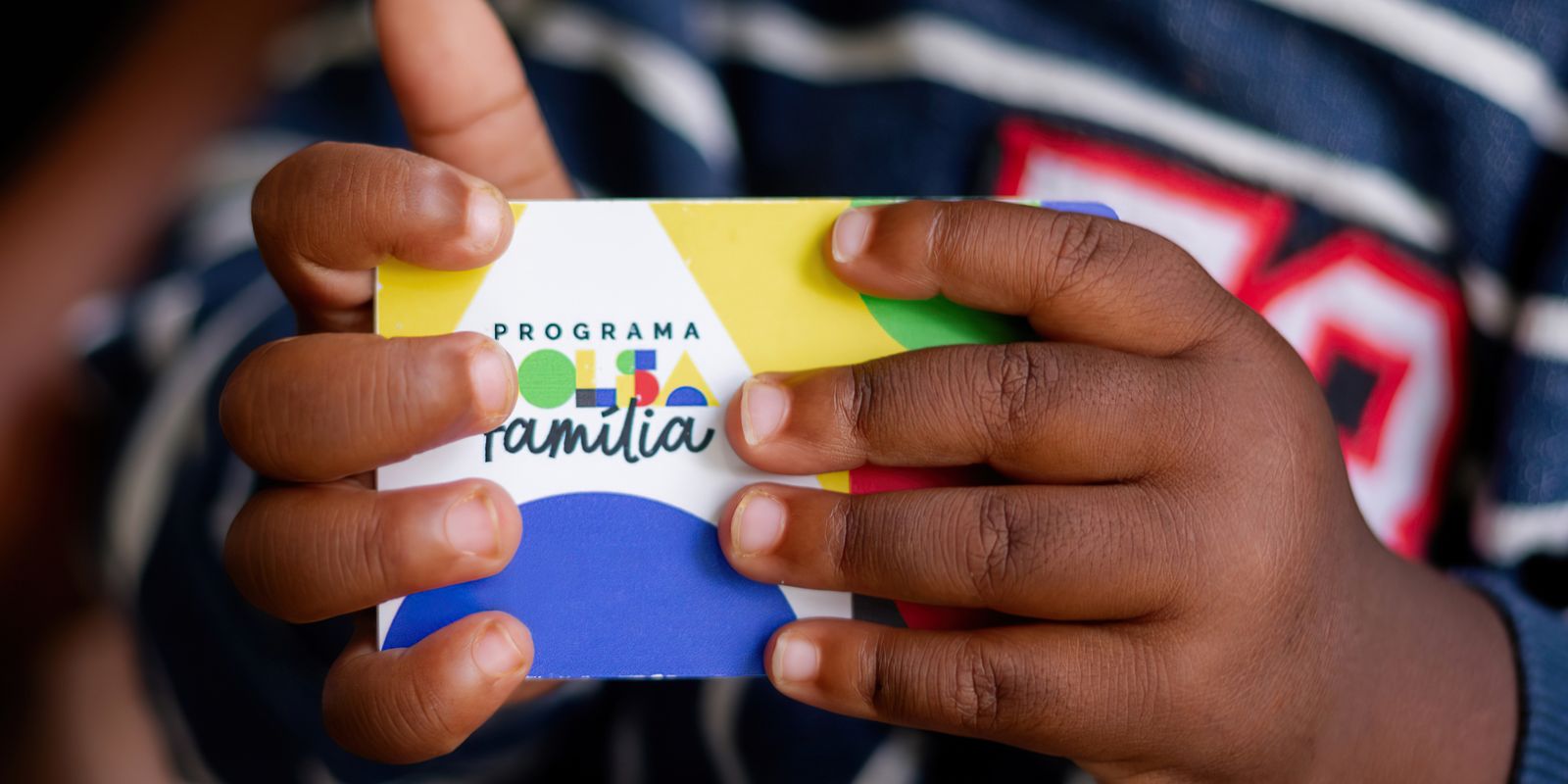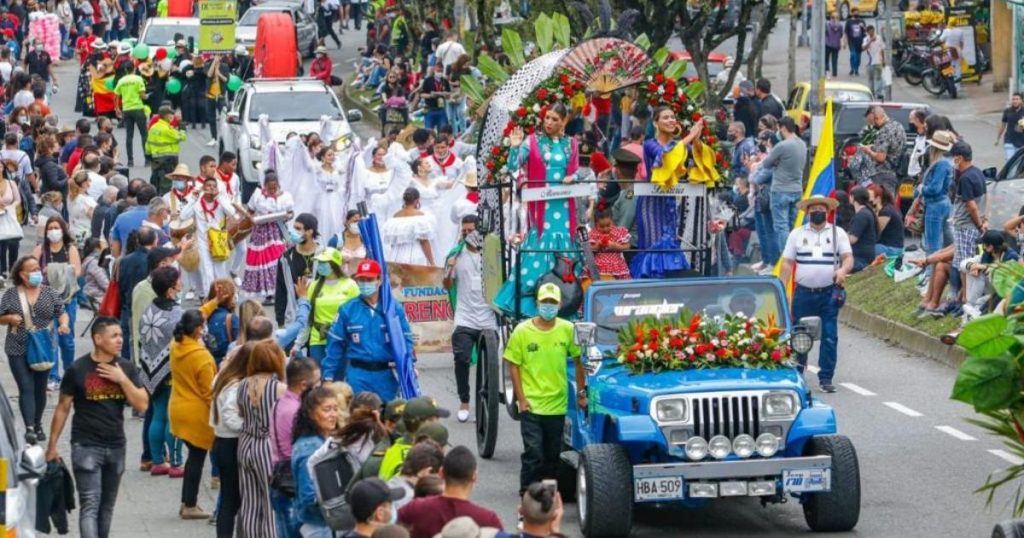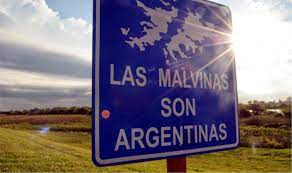The federal Bolsa Família income transfer program was instrumental in reducing more than half of cases of tuberculosis deaths among poor people and indigenous peoples. The reduction was more than 50% among extremely poor people and more than 60% among indigenous populations. 
The finding comes from a study carried out by a series of Brazilian research institutions, including the Federal University of Bahia, Fiocruz in the same state and the Institute of Global Health in Barcelona, and was published in the international journal Nature Medicine, this Friday ( 3).
In the researchers’ assessment, the program guarantees better living and nutritional conditions for beneficiaries, which may have been decisive in the survival of those with the disease.
“We know that the program improves access to food, both in quantity and quality, which reduces food insecurity and malnutrition — an important risk factor for tuberculosis — and strengthens people’s immune defenses,” explained Gabriela Jesus, co-author of the study, in a report published by Agência Fiocruz. She also said that the program reduces barriers to access to medical care and diagnosis.
Bolsa Família is recognized for reducing economic and social inequality by transferring resources to the poorest families, as long as they meet certain requirements, such as keeping their children in school and taking their children to the doctor. The study now proves that the program also improves the health conditions of families.
To reach this finding, the researchers crossed socioeconomic data, ethnic conditions and compared incidence, mortality and the fatality rate between people who received Bolsa Família resources or not.
The expectation now is that the findings will also be used to influence public policies to combat poverty and income transfer in countries with high rates of the disease.















